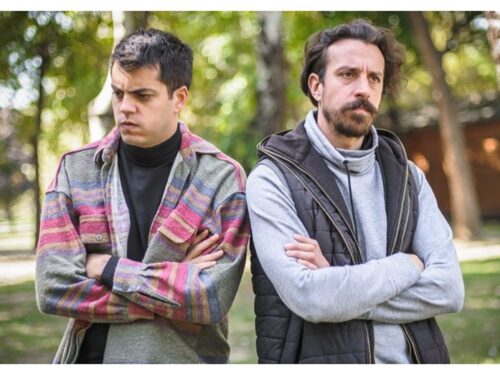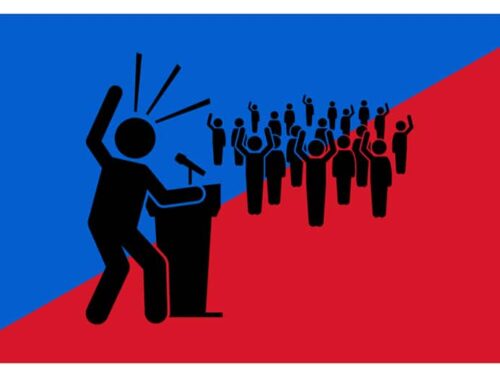
This is the 2nd in my series of holiday time advice on keeping things cool during stressful public situations.
I was at a holiday social function last week (as many of us will be this month) when a colleague pulled me aside to ask my advice about a recent incident. During a big family gathering, a drunk person loudly said some disrespectful things (unpublishable here) about their father, the patriarch of the family, who wasn’t in the room at that moment.
Everyone was shocked, and there was a very awkward silence; no one addressed it. Eventually, someone remarked on how great the food was and the conversation turned to other, less loaded topics.
But my colleague was still troubled. “I’m a professional, expert coach with nearly 20 years of experience,” they said, “I know what to say to de-escalate tense situations like that. But I didn’t say anything, and I’m annoyed and disappointed in myself!”
I totally get it; I’ve been there too.
Why don’t we speak up when people say disrespectful things in public? It’s complicated, and there’s some neuroscience and relationship dynamics involved that are tough to explain.
In short, when people say or do disrespectful things, most of us are naturally wired to perceive these as threatening to us and our relationships. We immediately go into a primitive fight, flight, or freeze mode triggered by hormonal releases from the brain. These hormones overpower our rational, cognitive thinking abilities making it almost impossible for us to say something cogent and effective in the moment.
And when disrespect occurs in public, such as at my colleague’s family gathering, most people go into freeze mode and say nothing. We’re simply too emotional to say or do something constructive. And then we beat ourselves up for it afterwards.
Been there? Done That? Of course you have.
Here’s what I offered my colleague…
- Don’t be too hard on yourself, you experienced a very common, human reaction to public disrespect.
- Never publicly take on someone who’s being publicly disrespectful, especially if they’re drunk. It’s only going to escalate and get ugly and might ruin the event for everyone (including the drunk ‘disrespecter’).
- One thing you can say – once you’ve memorized it and practiced it – is… “I think we can all agree that this is a totally loaded topic AND we need to move on.” (I’ve covered this technique very recently, but at this time of year, but I believe it bears repeating).
So, this holiday season, when someone says or does something disrespectful in public and you freeze up, understand that that’s a very normal human reaction. If you have the wherewithal to be able to de-escalate it with the, “I think we can all agree that this is a loaded topic” phrase, that’s great!
But even if you didn’t say anything in the moment, you can still take the offender aside at another time, when they’re not drunk, and give them feedback – respectfully of course – on how their disrespectful behavior impacts you and everyone else.
Giving that feedback effectively will be the topic of next week’s newsletter.
(Here’s a helpful explainer article on relationship dynamics.)




